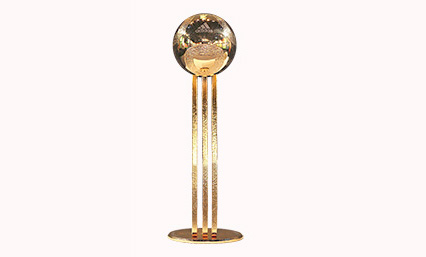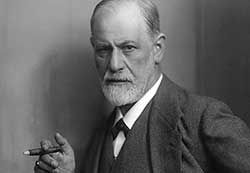Abrams, A. (2017, March 9). The Psychology of Hate: why do we hate? Retrieved from The Psychology Today: https://www.psychologytoday.com/ca/blog/nurturing-self-compassion/201703/the-psychology-hate
Azzoni, T. (2010, April 15). Brazilians want young striker Neymar in World Cup. Retrieved from Associated Press : https://web.archive.org/web/20130825192428/http://www.etaiwannews.com/etn/news_content.php?id=1228480&lang=eng_news&cate_img=145.jpg&cate_rss=news_Sports
BBC. (2017). Neymar: Paris St-Germain sign Barcelona forward for world record 222m euros. Retrieved from BBC: https://www.bbc.com/sport/football/40762417
BBC. (2018). Neymar: Brazil striker banned for Copa America. Retrieved from BBC: https://www.bbc.com/sport/football/33208871
Bellos, A. (2014). All Brazilian Eyes Are on Soccer Savior Neymar. Retrieved from Time: http://time.com/2863230/world-cup-brazil-neymar-savior/
Díaz, J. F. (2018). Neymar still believes in Real Madrid miracle move. Retrieved from Marca: https://www.marca.com/en/football/real-madrid/2018/06/05/5b1587ef46163fad288b4598.html
FC Barcelona. (2013). Detailed figures of Neymar transfer. Retrieved from FC Barcelona: https://web.archive.org/web/20150524082202/http://www.fcbarcelona.com/club/detail/article/detailed-figures-of-neymar-transfer
Marca. (2018). Neymar endured frosty relationship with Bjorn Kuipers throughout Costa Rica match. Retrieved from Marca: https://www.marca.com/en/world-cup/2018/06/22/5b2d0ee346163f7f368b4571.html
McCauley, K. (2017). Neymar wants to make his own team at PSG, not inherit one Lionel Messi built for him. Retrieved from https://www.sbnation.com/soccer/2017/8/4/16071830/neymar-to-psg-transfer-news-salary-lionel-messi-barcelona
The Telegraph. (2011, December 9). Barcelona striker Lionel Messi is world’s best player says Santos striker Neymar ahead of Club World Cup. Retrieved from https://www.telegraph.co.uk/sport/football/competitions/la-liga/8945338/Barcelona-striker-Lionel-Messi-is-worlds-best-player-says-Santos-striker-Neymar-ahead-of-Club-World-Cup.html
Transfer Mrkt. (2019). Neymar – Career Statistics . Retrieved from Transfer Mrkt: https://www.transfermarkt.com/neymar/leistungsdaten/spieler/68290/plus/0?saison=ges
Wilson, J. (2018). Brazil knocked out of World Cup by Kevin De Bruyne and brilliant Belgium. Retrieved from The Guardian: https://www.theguardian.com/football/2018/jul/06/brazil-belgium-world-cup-quarter-final-match-report



























Follow Adlul on Social Media: